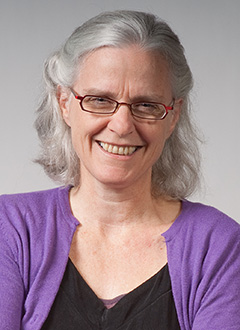
Adapted from No More Science Kits or Texts in Isolation.
Every year the amount of content that teachers need to address grows. On the one hand, teachers feel the pressures of tested subjects, and on the other, a growing list of expectations for what students may experience, depending on the school: health education, school garden, English language development, cooking, engineering design, art, sex education, coding, drug education, music, cursive writing, technology, drama, and so on. Whatever your opinion of the relative importance of these different domains of learning, it is clear that piling on more and more expectations for what students should learn without thoughtful integration and time allocation is a losing strategy. Indeed, teachers who integrate science with other subject areas spend nearly 30 percent more time teaching science than teachers who reported rarely or never integrating science with other subject areas (Dorph et al. 2010, 19).
Fortunately, contemporary standards that have been the result of the movement for fewer, clearer, higher standards (Bill & Melinda Gates Foundation 2010; Rothman 2013) provide help in dealing with this dilemma. These newer standards, and the many sets of state standards that they have inspired, focus on the practices of literacy, mathematics, and science: what literate people, mathematicians, and scientists do. They also emphasize common elements of what rigorous performance looks like across multiple disciplines. Certain standards in one discipline even sound remarkably as if they would have belonged in another discipline. Consider these:
- Describe a relationship between a series of scientific ideas or concepts, or steps in technical procedures in a text, using language that pertains to time, sequence, and cause/effect.
- Make strategic use of digital media and visual displays of data to express information and enhance understanding of presentations.
- Follow precisely a multi-step procedure when carrying out experiments, taking measurements, or performing technical tasks.
These shared practices can become a strategic place to invest time, helping to resolve the pressures of a bursting-at-the-seams curriculum. This focus does more to support our students as they confront the rapidly changing world, also. The goal of our education system can no longer be to impart a set body of scientific knowledge—we must prepare our young people to exist in a society with an ever-changing base of knowledge and to be ready to solve problems that we don’t yet know about.

Jacqueline Barber is co-author of No More Science Kits or Texts in Isolation and Director of the Learning Design Group at the University of California, Berkeley's Lawrence Hall of Science.

Gina Cervetti is coauthor of No More Science Kits or Texts in Isolation and a co-author of Comprehension Going Forward. An assistant professor of Curriculum and Instruction at University of Colorado Boulder, she teaches graduate-level courses on reading instruction and assessment. The focus of Gina’s work over the last decade has been on students’ development of academic literacies with a particular focus on reading comprehension—and, more recently, talk— in science. In particular, she has been exploring the question, How can literacy instruction be made more authentic, powerful, knowledge-enriching, and personally meaningful through integration with content-area instruction?


